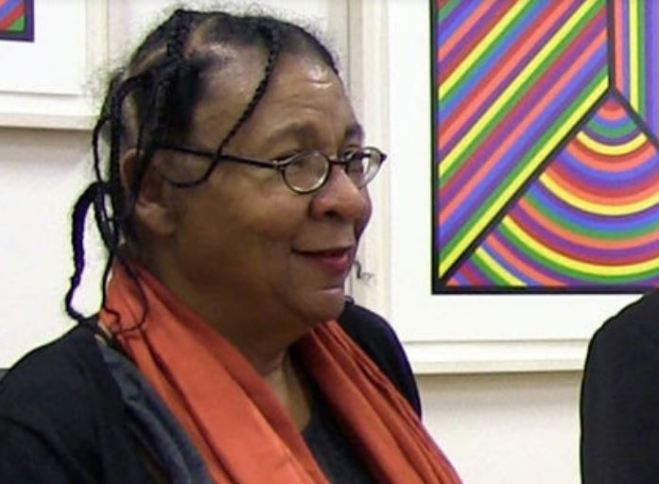
By
Acclaimed and celebrated author bell hooks passed away Dec. 15 at the age of 69.
According to her niece Ebony Motley, as reported by the Lexington Herald Leader, hooks had been battling an unknown illness. Motley also said that hooks was surrounded by close friends and family as she died.
hooks (whose real name is Gloria Jean Watkins) was born on Sept. 25, 1952 in Hopkinsville, Ky. She adopted the “bell hooks” moniker as a tribute to her maternal great-grandmother whose name was Bell Blair Hooks. hooks, allegedly, didn’t capitalize her name because she wanted the public to focus on her ideas and not her personality.
She made her living battling accepted norms that centered masculinity above all else. Her works and speeches on feminism, particularly Black woman-centered feminism, made her presence even more important in a white, female-dominated space.
She has written over 34 books, including 1981’s “Ain’t I a Woman?” 2002’s “Communion: The Female Search for Love” and 1999’s “All About Love.”
Near the end of her life, hooks taught at Berea College, a liberal arts institution in her native Kentucky. This fall, the school opened the bell hooks center, which celebrated her life and legacy. After news of hooks’ death made its way to the school, officials released a statement that celebrated her legacy balanced with the sadness of her absence.
“bell came into the life of many Bereans in 2004 to help the college get closer to its Great Commitments, particularly the Fifth Great Commitment focused on the kinship of all people and interracial education; the Sixth Great Commitment dedicated to gender equality; and the Eighth Great Commitment centered on service to Appalachia,” read part of the college’s statement.
Prominent figures commented on her passing using Twitter. Kimberly Foster, feminist and founder of For Harriet, a multi-platform digital community for Black women, and Black Girls Gather, a live event series, tweeted that hooks “invented the kind of Black feminist cultural commentary that is so popular right now. We’re all copying her.”
Clint Hill, an author, and a writer for The Atlantic, tweeted that hooks’ work was “imbued with a deep commitment to truth-telling, but also with a profound sense of care and love for community.”
Help us Continue to tell OUR Story and join the AFRO family as a member – subscribers are now members! Join here!

